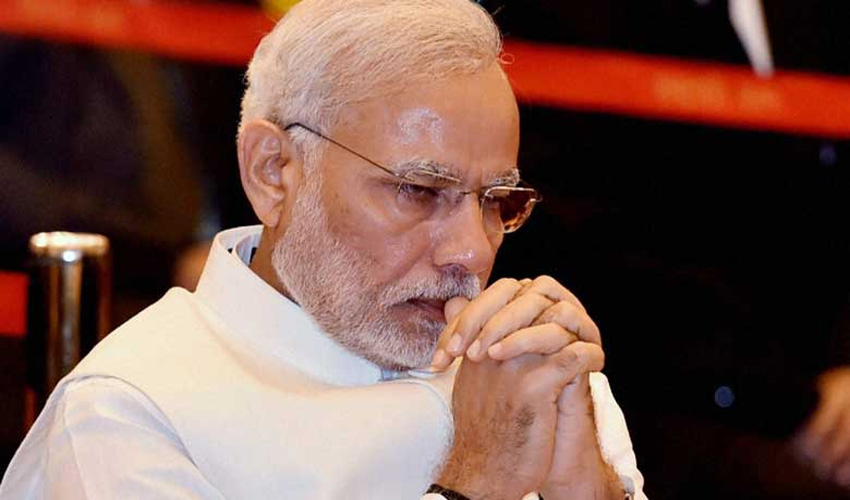Days before India’s marathon election began in April, a pivotal moment occurred in Prime Minister Narendra Modi’s bid to maintain his parliamentary majority.
During a speech in the constituency that includes the Hindu temple town of Ayodhya, lawmaker Lallu Singh, a member of Modi’s Bharatiya Janata Party (BJP), mentioned their ambition to secure a supermajority in the lower house of parliament. This, he implied, would enable significant amendments to the constitution.
Opposition parties seized upon Singh’s statement, suggesting, albeit without evidence, that the BJP intended to amend the constitution to withdraw affirmative action benefits from lower-caste Hindus. This accusation resonated strongly, causing a rift in the Hindu electorate and ultimately breaking the BJP’s decade-long dominance in Uttar Pradesh, India’s most populous state.
Despite efforts by the BJP to refute these claims, the damage was done.
“The statement ignited like wildfire,” remarked Awadhesh Prasad of the opposition Samajwadi Party (SP), which draws support from Muslim and lower-caste voters in Uttar Pradesh. Prasad successfully wrested the constituency from Singh, who had held it since 2014.
According to Reuters, which interviewed 29 party leaders and workers from the BJP and rival parties, along with analysts and voters, the issue of affirmative action for lower castes, coupled with concerns over job scarcity and complacency among BJP activists, tilted the balance in Uttar Pradesh. This state sends the largest contingent of lawmakers to parliament.
After a decade of electoral dominance characterized by economic growth and a narrative of Hindu nationalism, Modi’s BJP saw its parliamentary seats reduced to 240 nationwide. Modi was forced to form a coalition government, underscoring the BJP’s inability to take Hindu votes for granted.
Ayodhya, home to a recently inaugurated grand temple dedicated to Lord Ram by Modi, was considered a stronghold for the BJP. However, Singh’s comments sparked controversy, suggesting a possible shift in the BJP’s stance on affirmative action, which was swiftly amplified by opposition figures like Akhilesh Yadav of the SP and Rahul Gandhi of the Congress party.
The opposition framed the debate around protecting the constitution and safeguarding the rights of disadvantaged groups, resonating particularly with lower-caste voters who form a significant electoral bloc in India.
For Modi and the BJP, the election outcome marked a reality check and prompted introspection within the party. Despite its enduring strengths, including Modi’s personal popularity, control of Uttar Pradesh’s state government, and backing from influential groups like the Rashtriya Swayamsevak Sangh (RSS), the BJP faces challenges ahead of upcoming state elections in Uttar Pradesh.
“The BJP either wins, or it learns,” reflected a BJP worker in Ayodhya, signaling a period of assessment and adaptation for the party in response to the electoral setback.




